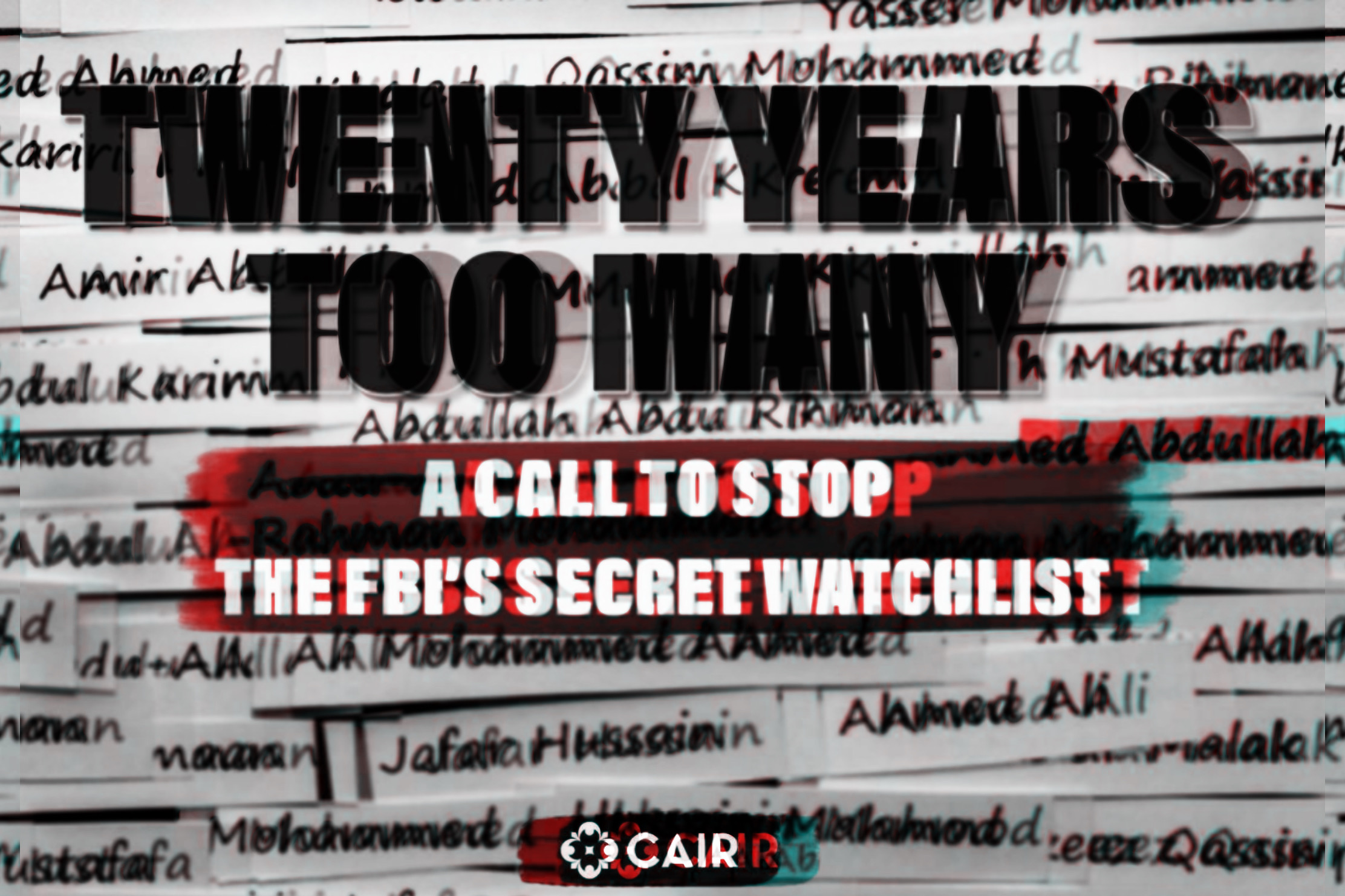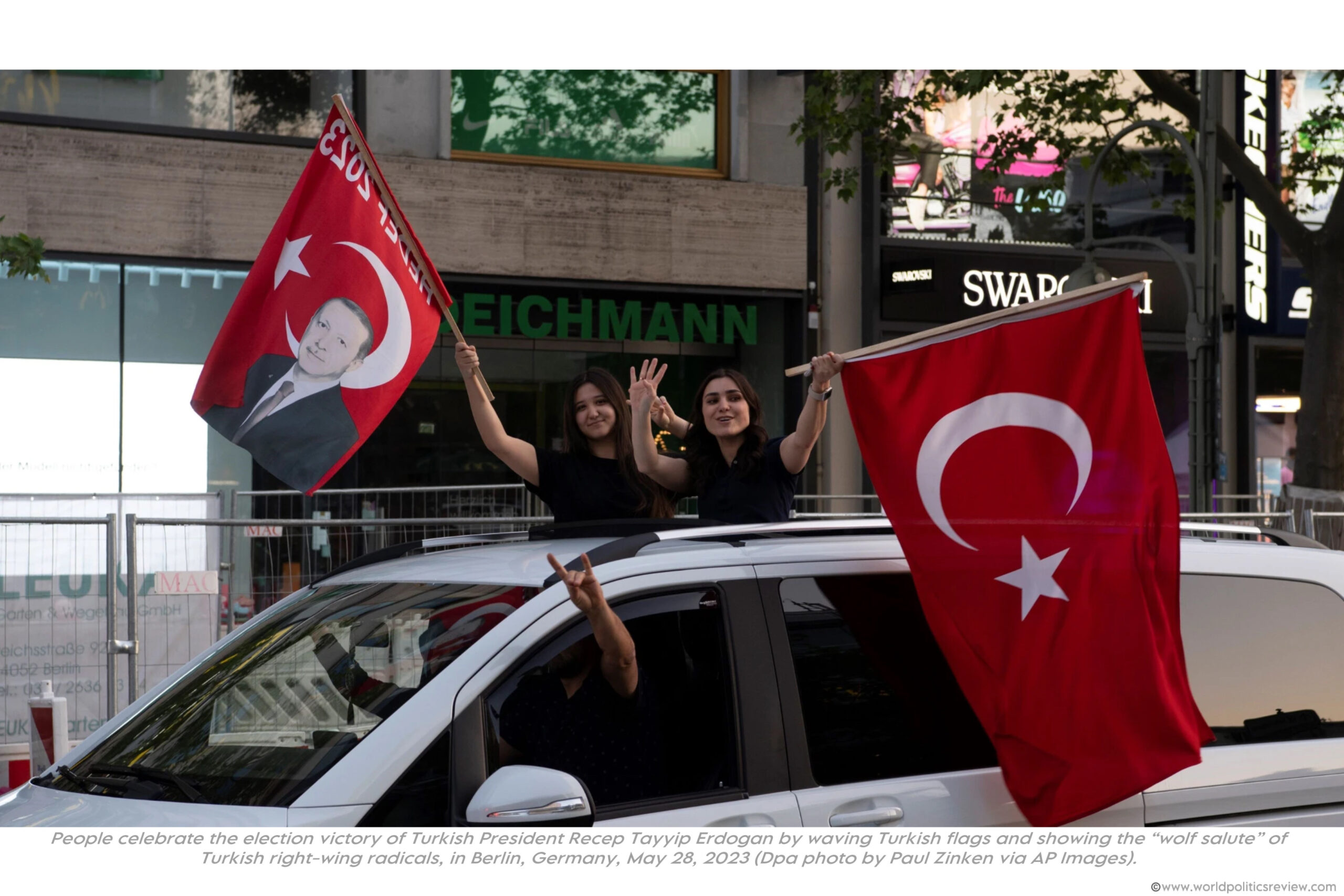On 11 November, Somali-born Hassan Khalif Shire Ali – aged 30 – drove his burning utility vehicle down Bourke Street into the centre of Melbourne’s central business district. Filled with barbecue-style gas cylinders, Shire Ali’s vehicle later exploded near Bourke Street Mall, though police noted that the blast could have been far more deadly had the gas cylinders been properly ignited.
After exiting his vehicle, Shire Ali then stabbed three people, killing one – restaurateur and co-owner of Melbourne’s iconic coffee house Pellegrini’s Espresso Bar, 74 year old Sisto Malaspina. The other two – Tasmian businessman Rod Patterson and a 26 year old security guard – suffered non-life threatening injuries.
After attempts by 46 year old Michael Rogers – a bystander and homeless man who was due to face court himself on theft and burglary charges – to immobilise Shire Ali with a metal shopping trolley failed, Shire Ali was confronted by two police officers, who sought to apprehend him with pepper spray and a taser. When that failed, police shot Shire Ali in the chest, while his vehicle continued to burst into flames. Shire Ali died later that day at Royal Melbourne Hospital from gun shot-related injuries.
At the time of the attack, Shire Ali was on bail for minor driving offences and was due to appear before Werribee Magistrates’ Court on 14 January 2019. Victoria Police Chief Commissioner Graham Ashton confirmed that Shire Ali was also known to Victoria Police and Australia’s federal intelligence authority, the Australian Security Intelligence Organisation (ASIO), for his links to Islamic extremists, including his own brother, who was arrested last year on terror-related charges.
Victorian State Opposition Leader Matthew Guy (leader of the Victorian Liberal Party) criticised the decision to allow Shire Ali to walk the streets when he ‘should have been in jail’. The Labor government responded by deploring what it saw as Mr Guy’s attempt to politicise Shire Ali’s deadly attack. Victorian State Attorney-General Martin Pakula later confirmed that Shire Ali had been charged with ‘routine driving offences’ and had no history of violence.
Shire Ali did, however, have a list of criminal convictions. In June 2012, a magistrate ordered that he complete 250 hours of unpaid work after he pleaded guilty to cannabis use and possession, speeding, receiving stolen goods, theft, and burglary.
In the wake of this attack, and with Victorians set to go to the polls this Saturday (24 November), Mr Guy and Prime Minister Scott Morrison (Liberal Party) have vowed to grant Victoria Police greater powers to monitor terror suspects. This is part of an $AU89.5 million initiative of the Coalition (Liberal Party and National Party) government to increase law enforcement efforts to diminish attacks such as that executed by Shire Ali.
Prime Minister Morrison also implored imams to be on the look out for ‘infiltrators’ and ‘shady characters’ in mosques, telling imams that they ‘can’t look the other way’.
In response, spiritual leader, Sheikh Mohammed Omran, of the Hume Islamic Youth Centre, issued a scathing assessment of Prime Minister Morrison and his government’s failed attempts to prevent these types of attacks. Omran noted that despite costing the tax payer billions of dollars, the government and law enforcement authorities have still failed to keep ‘crazy people’ off the street.
While Shire Ali’s family later claimed that he suffered from poor mental health and that he was delusional at the time of the attack, Morrison dismissed this as obfuscation, maintaining that Shire Ali had been radicalised and that the attack was motivated by terrorist and extremist ideology. Morrison said: ‘Here in Australia we would be kidding ourselves if we did not call out the fact that the greatest threat of religious extremism in this country is the radical and dangerous ideology of extremist Islam.’
As Rodger Shanahan writes, poor mental health and radicalisation are not mutually exclusive factors. Shanahan writes, however, that whether or not an attack can be defined as a terrorist attack depends on whether ‘the person [knew] what they were doing, and [whether] the intent [was] to advance a political, religious, or ideological cause’. Shanahan concludes that, notwithstanding Shire Ali’s poor execution and unsophisticated plan of attack, as well as his history of poor mental health, Shire Ali had, in fact, planned the attack to a sufficient degree to suggest that it was indeed an act of terror.






